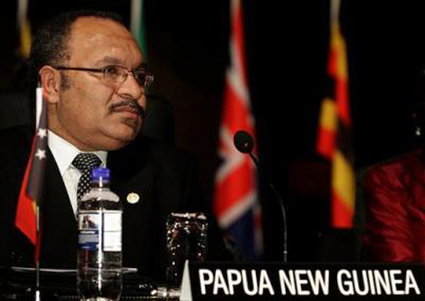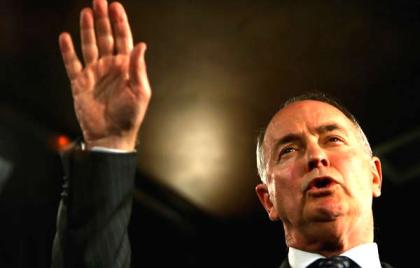O'Neill blasts Australian 'colonial mentality' over mine newspaper report

Prime Minister Peter O’Neill has attacked "false and misleading claims" by a mining company as reported in the Australian Financial Review, the PNG Post-Courier reports. O’Neill said BHP Billiton needed to get over its “colonial era” mentality, and appreciate that Papua New Guinea was an independent nation. He said Australia should negotiate with Papua New Guinea in the "same, mature and reasonable way" numerous other Australian resource companies do.
“Instead of seeking the intervention and assistance of the Australian government, the company should negotiate with my government, and me, as Prime Minister,” O’Neill said.
“The article claims that I had blocked the granting or extension of exploration licences because it would not agree with my proposals regarding the determination of the board of PNG Sustainable Development Programme. "This is totally and utterly false. It is just dishonest," the prime minister said, according to the Post-Cou






